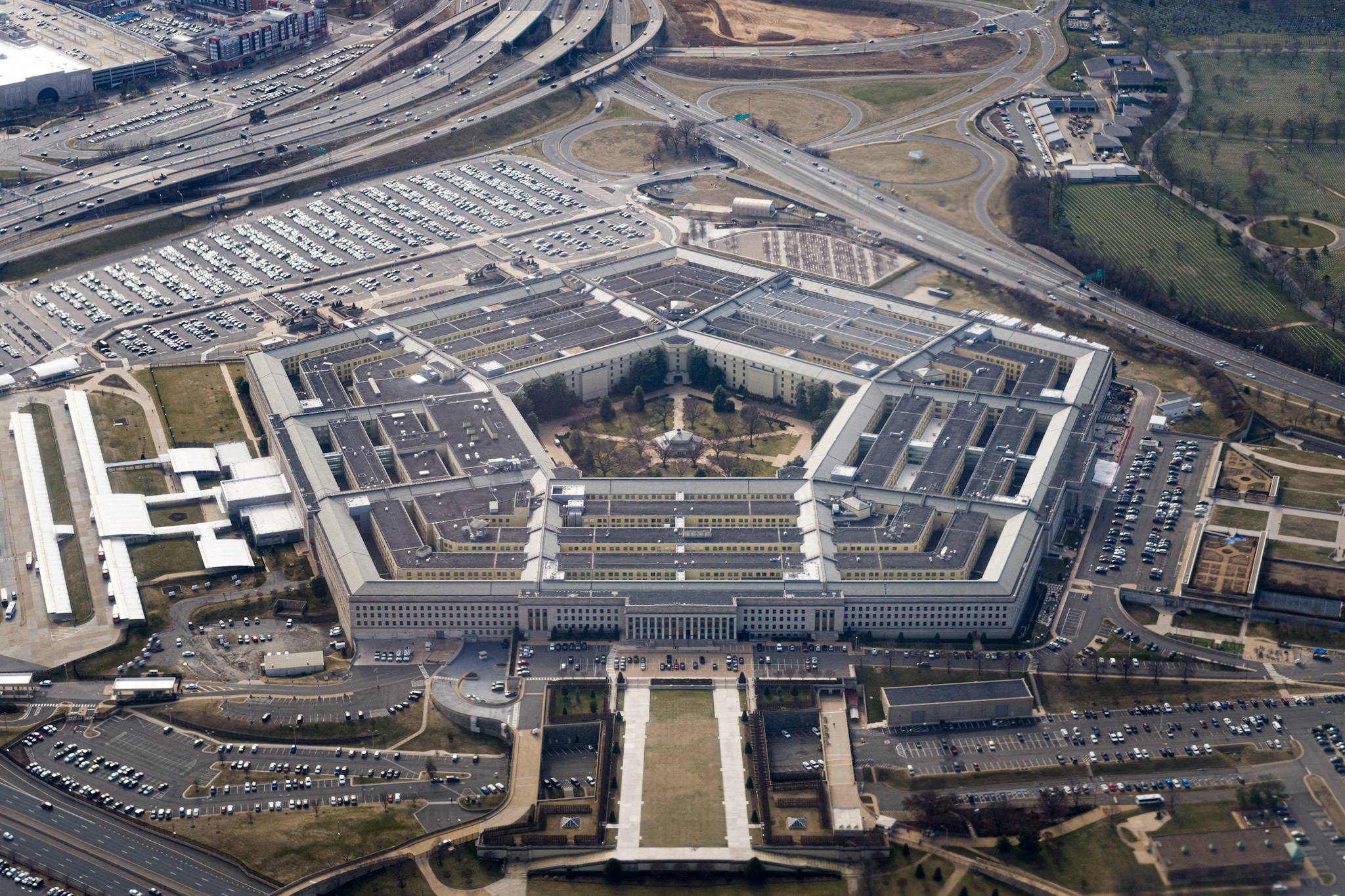When WikiLeaks spilled a huge trove of State Department cables 13 years ago, it gave the world a sense of what American diplomats do each day — the sharp elbows, the doubts about wavering allies and the glimpses at how Washington was preparing for North Korea’s eventual collapse and Iran’s nuclear breakout.
When Edward Snowden swept up the National Security Agency’s secrets three years later, Americans suddenly discovered the scope of how the digital age had ushered in a remarkable new era of surveillance by the agency — enabling it to pierce China’s telecommunications industry and to drill into Google’s servers overseas to pick up foreign communications.
The cache of 100 or so newly leaked briefing slides of operational data on the war in Ukraine is distinctly different. The data revealed so far is less comprehensive than those vast secret archives but far more timely. And it is the immediate salience of the intelligence that most worries White House and Pentagon officials.



